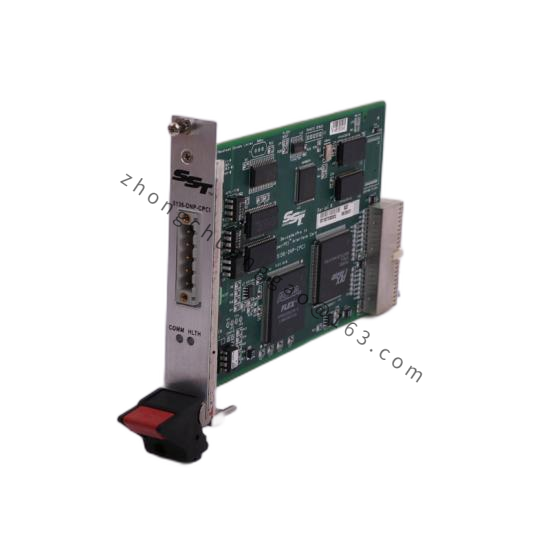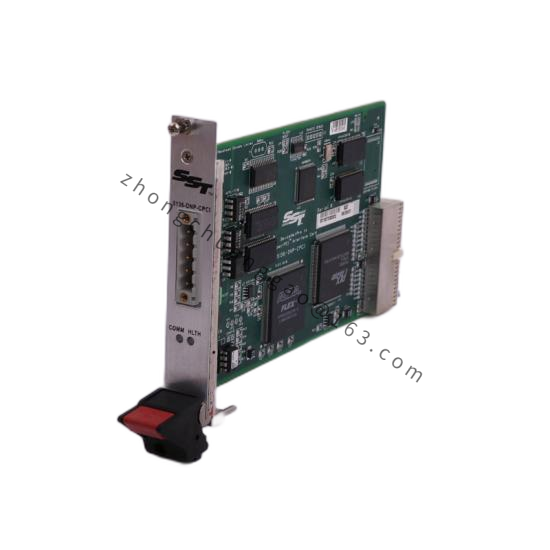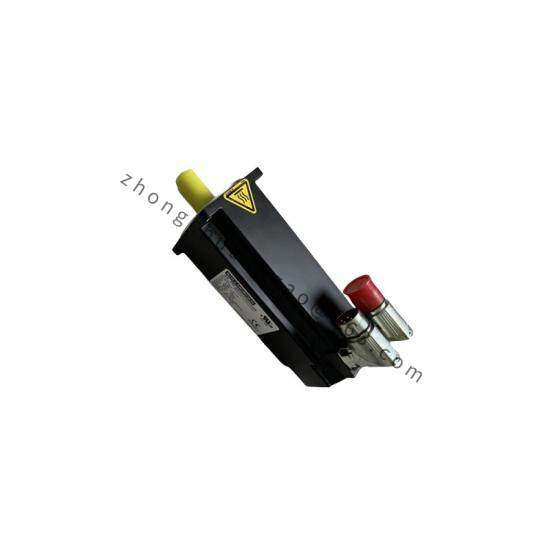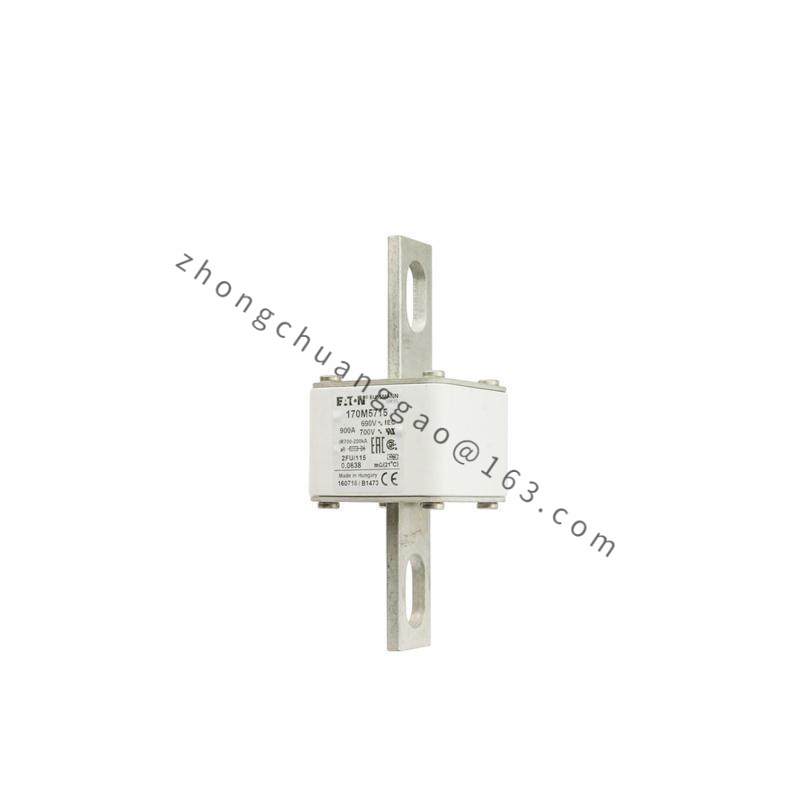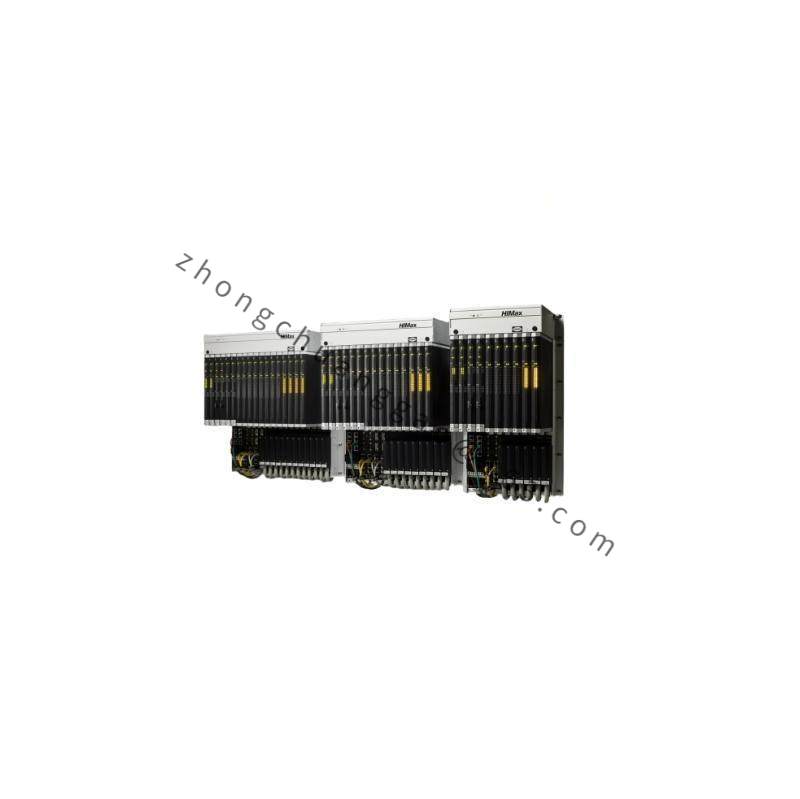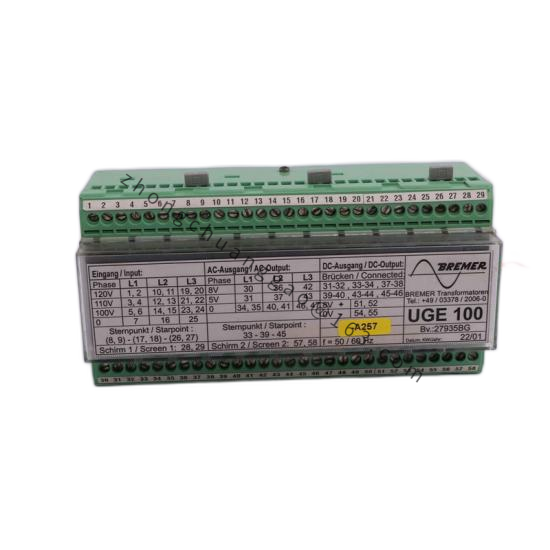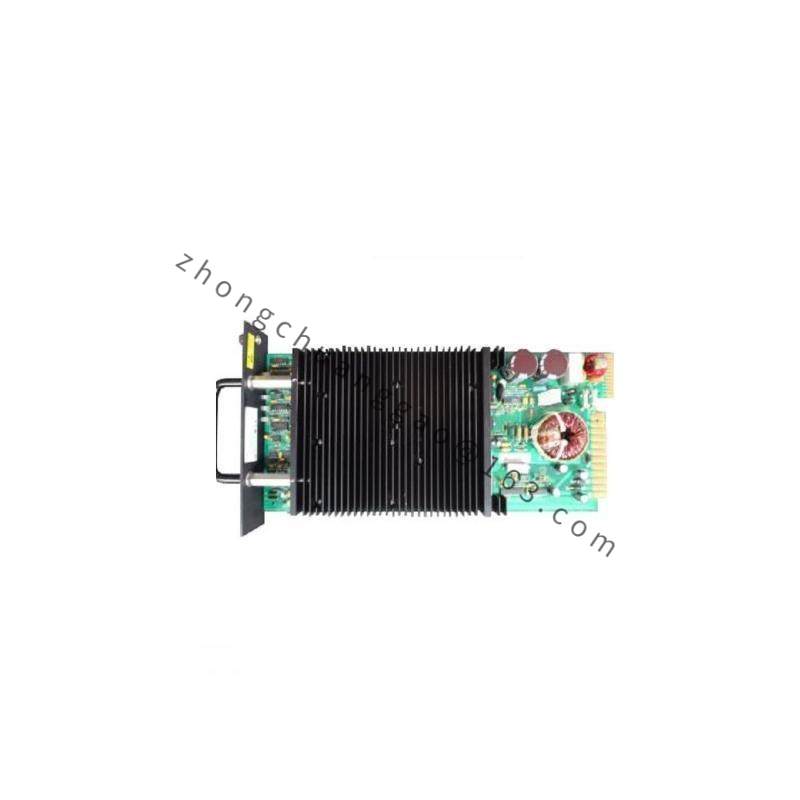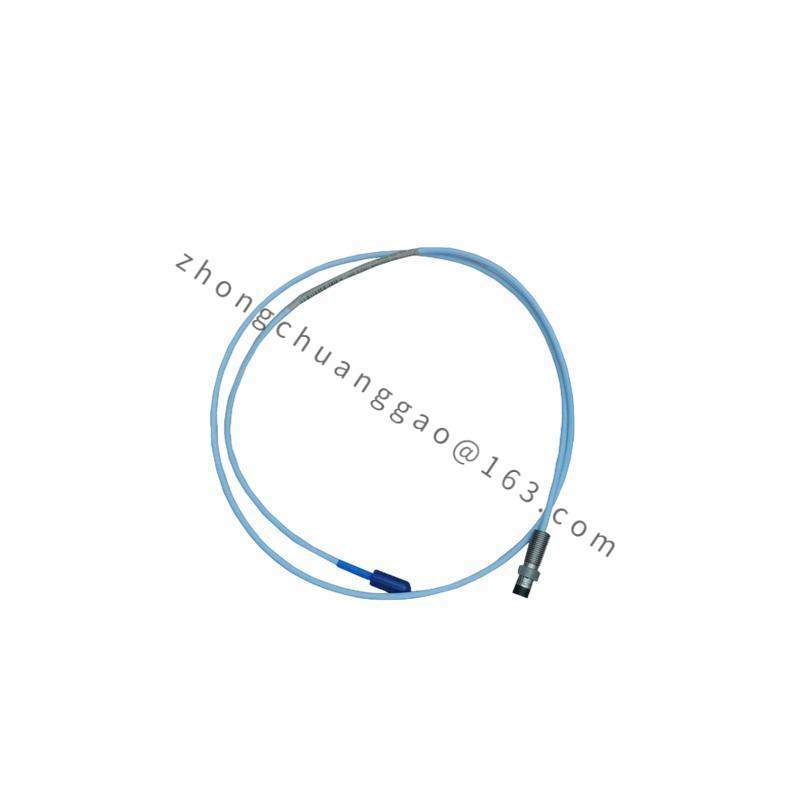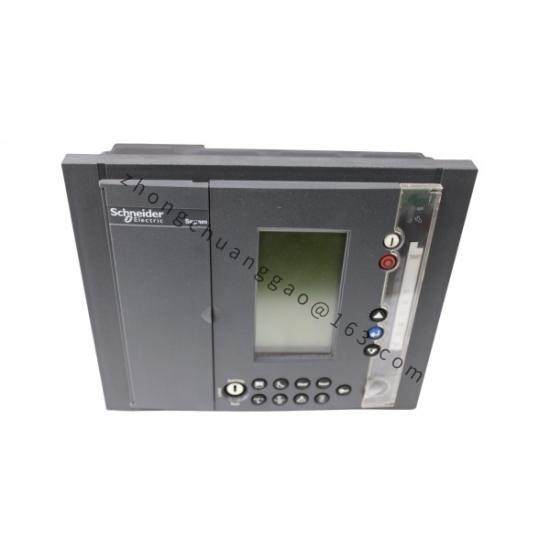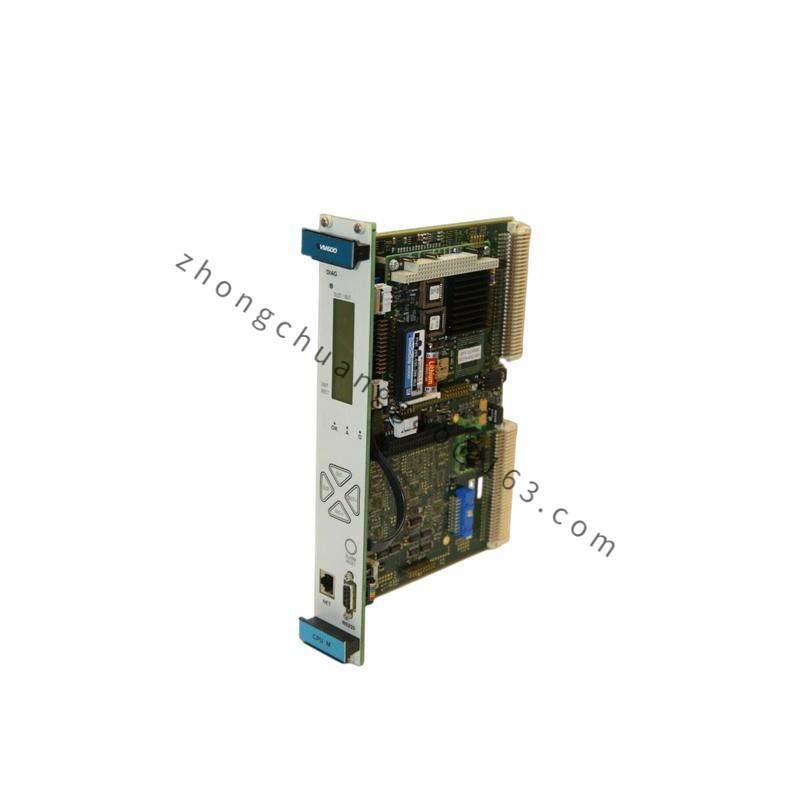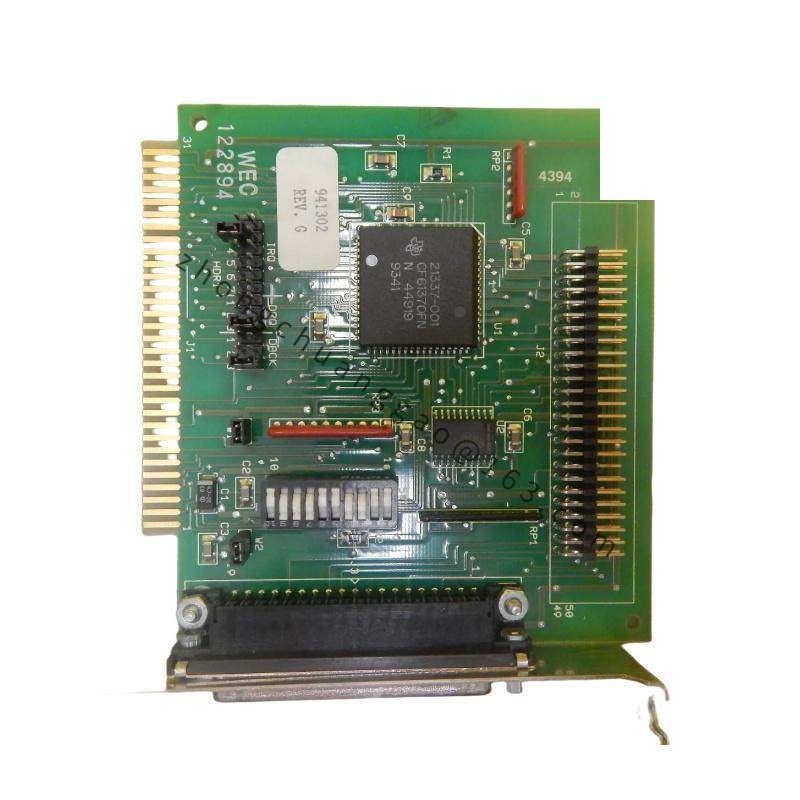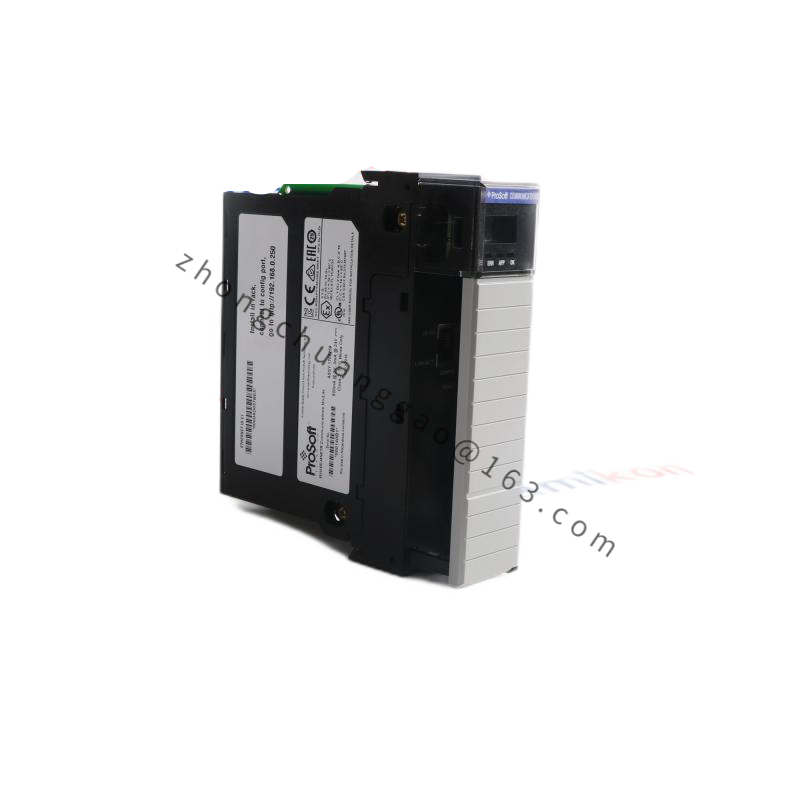NIKKI DENSO NPSA-TMTA-801 NEW – Precision Control Module
The NIKKI DENSO NPSA-TMTA-801 is a cutting-edge control module designed for high-precision industrial automation processes. It excels in providing robust, efficient, and reliable performance in a wide range of manufacturing applications.
Detailed content
Model Number:NPSA-TMTA-801
Module Type:Advanced Control Module
Operating Temperature Range:-10°C to 50°C
Power Consumption:25W max
Communication Interfaces:[“Ethernet”,”RS-485″]
Processing Speed:20 MHz
Memory Capacity:64 MB RAM, 128 MB Flash
Input/Output Channels:32 Input, 32 Output
Connectivity:USB 2.0, Serial Port
Dimensions (LxWxH):170mm x 100mm x 30mm
Weight:0.3 kg
Engineered with state-of-the-art technology, the NIKKI DENSO NPSA-TMTA-801 New is a cutting-edge solution for temperature measurement in industrial environments. This system boasts an impressive operating range from -40°C to +180°C, ensuring it can withstand extreme conditions without compromising on accuracy.
Equipped with an accuracy of +/-0.5°C at 25°C, the device ensures precise readings, making it ideal for applications requiring high levels of precision. The rapid response time of less than 5 seconds allows for immediate temperature adjustments, enhancing operational efficiency.
Featuring a robust 12V DC input and a maximum current consumption of 20mA, the NPSA-TMTA-801 New is designed for energy-efficient operation. Its Modbus RTU communication protocol facilitates seamless integration with existing systems, streamlining data exchange and management.
The device operates within a wide temperature range of 0°C to +50°C during operation and -40°C to +85°C for storage, ensuring durability and reliability in various environmental conditions. Constructed from high-quality stainless steel, it offers protection against corrosion and wear, maintaining performance over time.
The NIKKI DENSO NPSA-TMTA-801 New is a versatile tool for industries ranging from manufacturing to food processing, where accurate temperature measurement is critical. Its precision, reliability, and adaptability make it an indispensable component in achieving optimal process control and quality standards.
